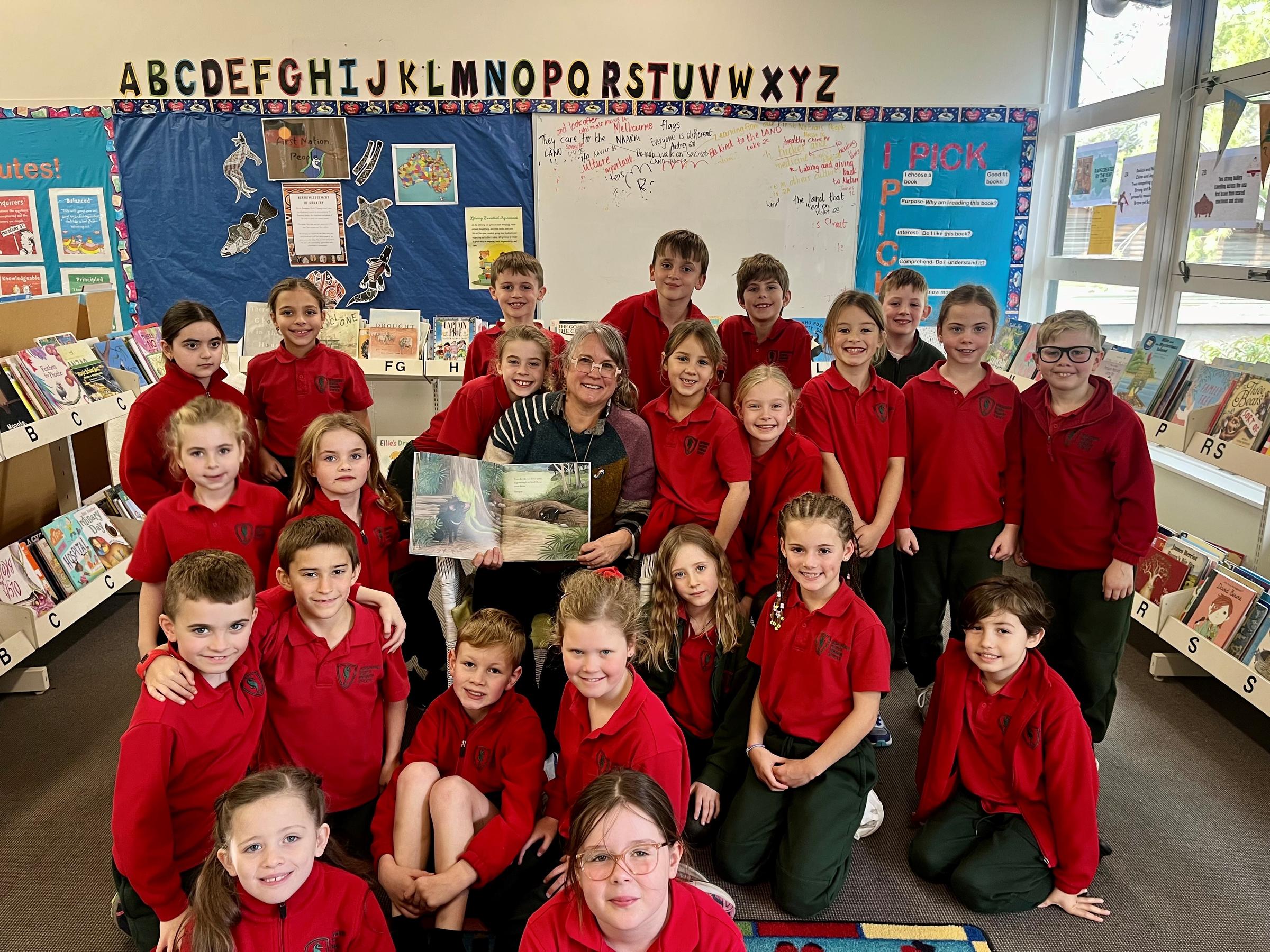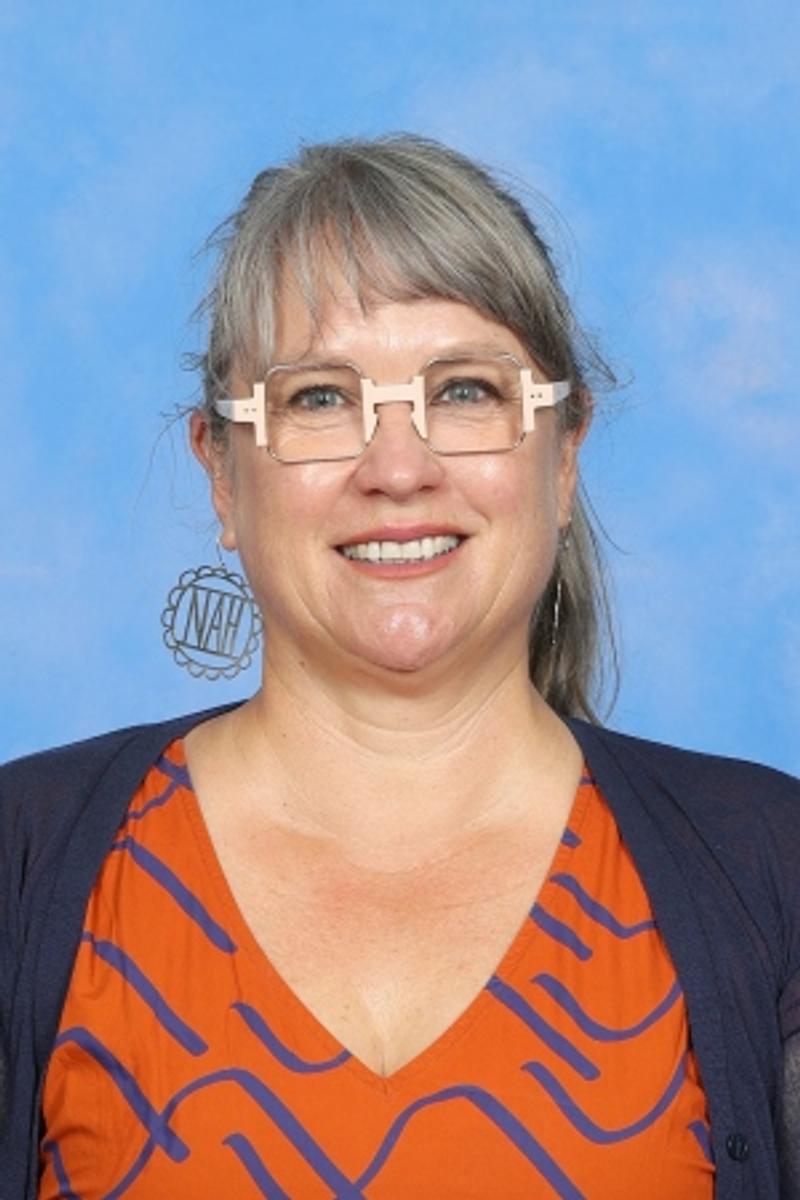Year 2 Specialist News - Term 3

Art
Transdisciplinary Theme:
Sharing the planet
Central Idea:
The beauty and diversity of insects inspire artistic creativity.
Lines of Inquiry:
- The various and diverse artistic representation of insects
- How the natural world influences artistic expression
- Different materials and creative ways of representing insects in our own artwork
Key Concepts:
perspective and connection
Learner Profile Attributes:
open-minded and caring
Students Will Create:
- Prior knowledge drawing to create an imaginative insect
- Observational drawing, capturing the intricate and accurate detail of one or more insects
- Temporary nature sculptures using found natural objects to construct a mini beast. Inspired by the work of Andy Goldsworthy and Raku Inoue
- Insect trail rubbings, painting, collage and print. Inspired by Australian artist John Wolseley
- Imaginative ceramic insect. Using clay modelling skills to capture detail and form of an insect of their own creation
- Cardboard construction of a moth, capturing shape, pattern and decorative detail
Music
Transdisciplinary Theme:
sharing the planet
Central Idea:
People can explore change through music.
Lines of Inquiry:
- Expressing change through music
- Exploring forms of music
Key Concepts:
connection, change
Learner Profile Attributes:
inquirer
Students Will:
- Learn songs related to ‘Sharing the Planet’ e.g., Shoo Fly, Fireflies and Cockroach Rap
- Listen and explore related classical pieces, for example: ‘Flight of the Bumble Bee’ by Rimsky Korsakov
- Revise writing simple melodies using learnt notes on the staff
- Create ostinato patterns to accompany music or use them in small group performances
- Explore unusual ways of playing instruments so students can start thinking about texture and tone colour and how to use these elements wisely in compositions
- Recognise ‘AB form’ and demonstrate this using instruments and movement
- Use the song ‘Fireflies’ as inspiration for a class composition project. This may involve such elements as movement, graphic notation and playing of classroom instruments but with a particular focus on the concept of Change
- Write more complex rhythms and work in teams to perform compositions
- Enjoying playing bucket drums to music, to showcase their rhythm skills
Japanese
Transdisciplinary Theme:
Sharing the planet
Central Idea:
Understanding minibeasts helps us appreciate the interconnectedness of nature and fosters our language development.
Lines of Inquiry:
- Common features of minibeasts
- The way minibeasts influence the life of Japanese children
Key Concepts:
form, causation, perspective
Learner Profile Attributes:
reflective, inquirer, knowledgeable
Language Focus (Japanese language):
Counting numbers, sentence orders in Japanese
Students Will:
- Learn and pronounce the names of minibeasts like grasshoppers and butterflies
- Practice saying and spelling the names of body parts of minibeasts in Japanese.
- Create a mini book where you write the names of minibeasts in Japanese
- Count the number of legs and arms of minibeasts using Japanese numbers.
- Sing a song about minibeasts in Japanese
- Watch Japanese manga about minibeasts and discuss how Japanese children interact with minibeasts in their daily lives
- Make an origami ladybird
Physical Education
Transdisciplinary Theme:
How we organise ourselves
Central Idea:
Sport and communities bring people together.
Lines of Inquiry:
- The importance of fair play and sportsmanship and personal development in athletic type skills
- The role of the Olympic games in our community and culture and how we all come together
Key Concepts:
connection and change
Learner Profile Attributes:
inquirer and principled
Students Will:
- Be involved in athletic type activities incorporating running, vertical jump, leaping and throwing. They will use these skills in races, relays and minor games
- Participate in a whole school Mini Olympics/Athletics carnival where students interact across all year levels to compete in a variety of events
- Master their fundamental motor skills in organized games and revise the basic skills of throwing, catching, bouncing and kicking
- Through interactive game play develop awareness and skill in different activities
Library
Transdisciplinary Theme:
Sharing the planet
Central Idea:
Living things go through a process of change.
Lines of Inquiry:
- Recognising common features of minibeasts
- Life cycles
- How living things changes over their life time
- The relationship between living things.
- How do stories illustrate the evolution and growth of living beings
Key Concepts:
change and connection
Learner Profile Attributes:
thinker and inquirer
Students Will:
- Practice using computers to search the library catalogue
- Review the distinction between a "keyword" and "subject" search
- Explore the non-fiction section and learn where to locate books on specific subjects
- Discuss the features of non-fiction texts and strategies for efficient use, including the contents, glossary, and index
- Read books related to the unit of inquiry, "Living things go through a process of change'
- Explore and utilise literature and resources in the school library to investigate topics
- Books to be explored include:
- "Heads and Tails Insects" by Jonty Canty
- "Naturopolis" by Deborah Frenkel
- "Whadayamean" by John Birmingham
- "Just One Bee" by Margrete Lamond
- "Your Birthday Was the Best!" by Maggie Hutchings
- "Where Are All the Christmas Beetles?" by Suzanne Houghton
- "Tasmanian Devil" by Claire Saxby







